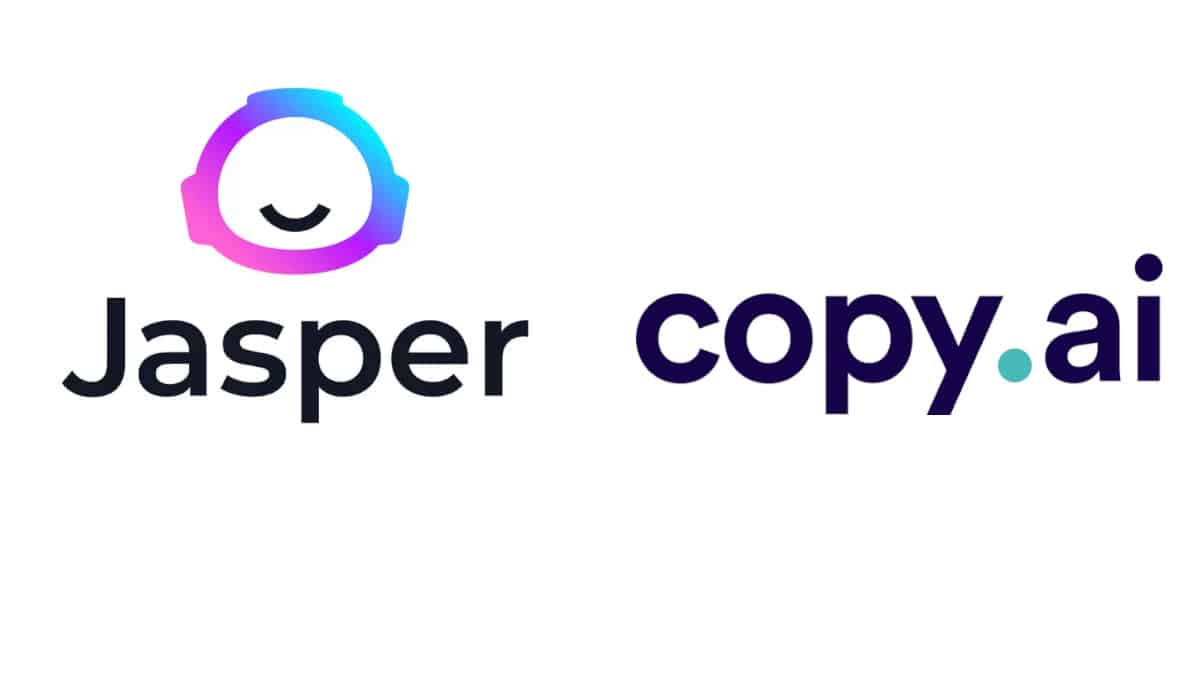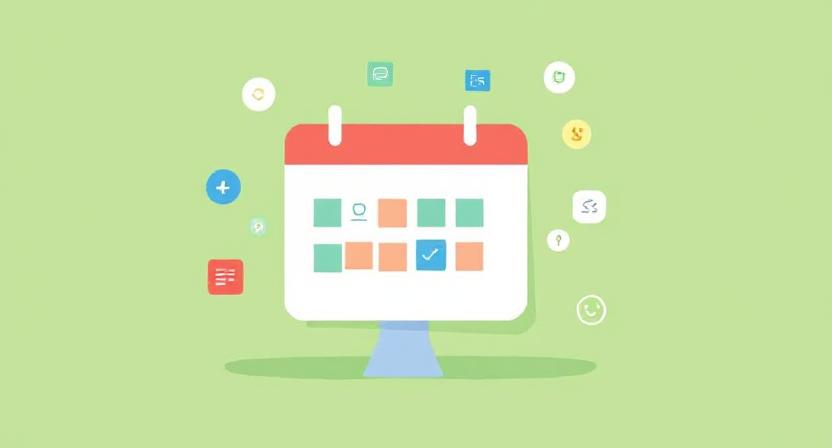Introduction
Content marketing has become the cornerstone of digital strategy, but planning and producing content at scale can be time-consuming and inconsistent without the right tools. Enter AI Content Generation, a transformative approach that leverages Artificial Intelligence to automate and streamline the creation of content calendars. By combining the power of data-driven insights with intelligent automation, businesses can now auto-fill their content schedules with precision, consistency, and creativity. This blog dives deep into how AI is reshaping the way we plan and generate content through smart calendars and automated workflows.
The Rising Demand for Scalable Content Creation
In today’s hyper-digital landscape, businesses are producing more content than ever to meet the growing demands of SEO, social media, email marketing, and thought leadership. The explosion of platforms and formats requires brands to publish faster while maintaining quality and relevance. Manual planning processes simply cannot keep up.
That’s where AI Marketing comes in. With Artificial Intelligence, marketers can scale their content output intelligently, avoiding bottlenecks and reducing the time spent on repetitive tasks like idea generation and scheduling. AI allows for rapid execution without sacrificing strategic intent.
What Is an AI Content Calendar?
An AI Content Calendar is a smart planning tool that leverages AI Content Generation algorithms to auto-populate and manage content schedules. Unlike traditional spreadsheets or manual templates, AI-powered calendars analyze data trends, audience behavior, and SEO requirements to propose and organize topics automatically.
These calendars can also suggest optimal publishing times, assign content formats (e.g., blog posts, videos, carousels), and even draft outlines or full articles. Essentially, they combine content planning and production into a seamless automated workflow that adapts in real-time based on analytics and performance data.

Benefits of Using AI for Content Calendar Automation
- Time Efficiency: Automating calendar management with Artificial Intelligence reduces hours of manual labor. Marketers no longer need to brainstorm, research, and plan each piece of content from scratch.
- Consistency: AI ensures your brand voice and style remain uniform across platforms by learning from existing content and guidelines.
- Data-Driven Decisions: Rather than relying on guesswork, AI analyzes what content performs best and when, enabling smarter scheduling and more effective targeting.
- Scalability: With AI Content Generation, teams can handle larger volumes of content without expanding resources. This is crucial for growing businesses and agencies managing multiple clients.
How AI Tools Generate Content Ideas Automatically
AI Marketing platforms utilize Natural Language Processing (NLP), machine learning, and data scraping to surface content ideas that align with trending topics, search intent, and audience engagement.
Key methods include:
- Keyword & Topic Clustering: AI scans search engine data to identify related keywords and groups them into strategic themes.
- Trend Analysis: Tools like Google Trends and BuzzSumo integrated into AI platforms detect rising topics within your niche.
- Audience Insights: AI platforms analyze social media conversations and content consumption patterns to suggest what your target audience wants to see.
This removes the guesswork from content ideation and helps marketers stay ahead of the curve.
Integrating AI with Content Management Systems (CMS)
AI-powered tools can be integrated directly into CMS platforms like WordPress, HubSpot, or Webflow. This allows content creators to receive AI-generated topic suggestions, outlines, or drafts right within their publishing environment.
Popular AI integrations include:
- Automated Workflows: Schedule, tag, and categorize content automatically.
- SEO Enhancements: AI recommends real-time keyword insertions, meta tags, and internal linking structures.
- Publishing Suggestions: Based on analytics, AI advises on best days and times to post for maximum reach and engagement.
These integrations streamline content planning from ideation to publication.

Case Study: Brands Successfully Using AI for Content Planning
Several forward-thinking brands have already adopted AI Marketing strategies for content calendar automation with significant results:
- HubSpot utilizes AI to identify high-performing blog topics and update old content, increasing organic traffic by 30%.
- Nike uses AI-generated campaign calendars for social media, ensuring consistent brand messaging across markets.
- Grammarly leverages AI to deliver educational and blog content across multiple personas, saving hundreds of hours annually in planning.
These success stories show how AI Content Generation is more than a trend—it’s a competitive advantage.

Step-by-Step Guide to Setting Up an AI-Powered Content Calendar
- Choose the Right Tool: Select an AI platform compatible with your CMS and marketing goals.
- Define Content Pillars: Set themes based on brand values, customer interests, and SEO objectives.
- Train the AI: Feed past high-performing content into the system to establish tone and preferences.
- Set Automation Rules: Establish rules for frequency, formats, and channels.
- Review and Approve: Use human oversight to refine AI suggestions and maintain brand integrity.
- Launch and Monitor: Publish content and monitor performance for continuous optimization.

Best AI Tools for Auto-Filling Content Calendars in 2025
Here are the top AI Content Generation tools to consider:
- Jasper: Great for blog content and long-form writing with strong customization.
- Copy.ai: Ideal for brainstorming and short-form content across social media.
- ChatGPT: Offers versatile content creation with a deep understanding of context and tone.
- Surfer SEO: Optimizes content for search visibility by blending AI writing with SEO intelligence.
Each tool comes with unique features and pricing, so choose based on your needs and team size.

Challenges and Limitations of AI Content Automation
Despite the benefits, there are several limitations to consider:
- Generic Output: Poorly trained AI can generate bland or repetitive content that lacks originality.
- Creativity Gaps: AI can’t fully replicate human emotion or storytelling finesse.
- Dependency Risk: Over-reliance on automation may cause strategic atrophy within marketing teams.
The key is to treat AI as a collaborator, not a replacement.

Human + AI: The Future of Strategic Content Planning
The most successful content strategies will combine Artificial Intelligence with human creativity. Editors and strategists should use AI to enhance ideation, accelerate production, and free up time for high-level thinking.
Examples of hybrid workflows include:
- Human-curated editorial calendars enhanced by AI suggestions
- AI-generated drafts edited by writers for tone and nuance
- Collaboration between designers and AI tools for multi-media content
SEO Considerations When Using AI for Content Creation
When implementing AI Content Generation, it’s crucial to maintain SEO best practices:
- Avoid Duplicate Content: Always run AI-generated copy through plagiarism checkers.
- Topical Relevance: Ensure AI-generated topics align with your domain expertise and search trends.
- Keyword Integration: Use AI to discover keywords, but human judgment should determine placement and density.
This balance will help protect rankings and domain authority.
Metrics to Track the Effectiveness of AI-Generated Content Calendars
To evaluate your AI-powered calendar, monitor:
- Engagement Rates: Likes, shares, comments, and time on page.
- Traffic and Reach: Organic visits and referral sources.
- Conversion Metrics: Leads, sales, downloads tied to specific content.
- Content Health: Performance of AI-generated vs. human-written posts.
Use A/B testing to optimize your workflows further.
Tips for Training AI to Match Your Brand Voice
To make AI Content Generation more effective:
- Use Style Guides: Upload tone of voice documents and brand language frameworks.
- Feed Examples: Provide high-performing content pieces for training.
- Custom Prompts: Refine prompts to include brand-specific language, audience personas, and values.
With enough data, AI can learn to mimic even the most nuanced brand voices.
Future Trends in AI Content Planning and Automation
Looking ahead, AI Marketing will evolve into predictive and adaptive systems capable of:
- Real-Time Publishing: Triggering content based on behavior or trending events.
- Multi-Platform Integration: Unified calendars across blogs, YouTube, Instagram, LinkedIn, and more.
- Personalization at Scale: Delivering individualized content to audience segments with minimal input.
Staying updated with these innovations will future-proof your content strategy.
Conclusion: Scaling Smarter with AI Content Calendars
AI-powered content calendars represent the next frontier in digital marketing. By leveraging Artificial Intelligence for planning, ideation, and creation, brands can achieve remarkable consistency, efficiency, and strategic agility. The key is to maintain a human touch—guiding AI to align with brand goals and injecting creativity where automation falls short. With the right balance, AI Content Generation can turn your content operations into a well-oiled, high-performing machine.

